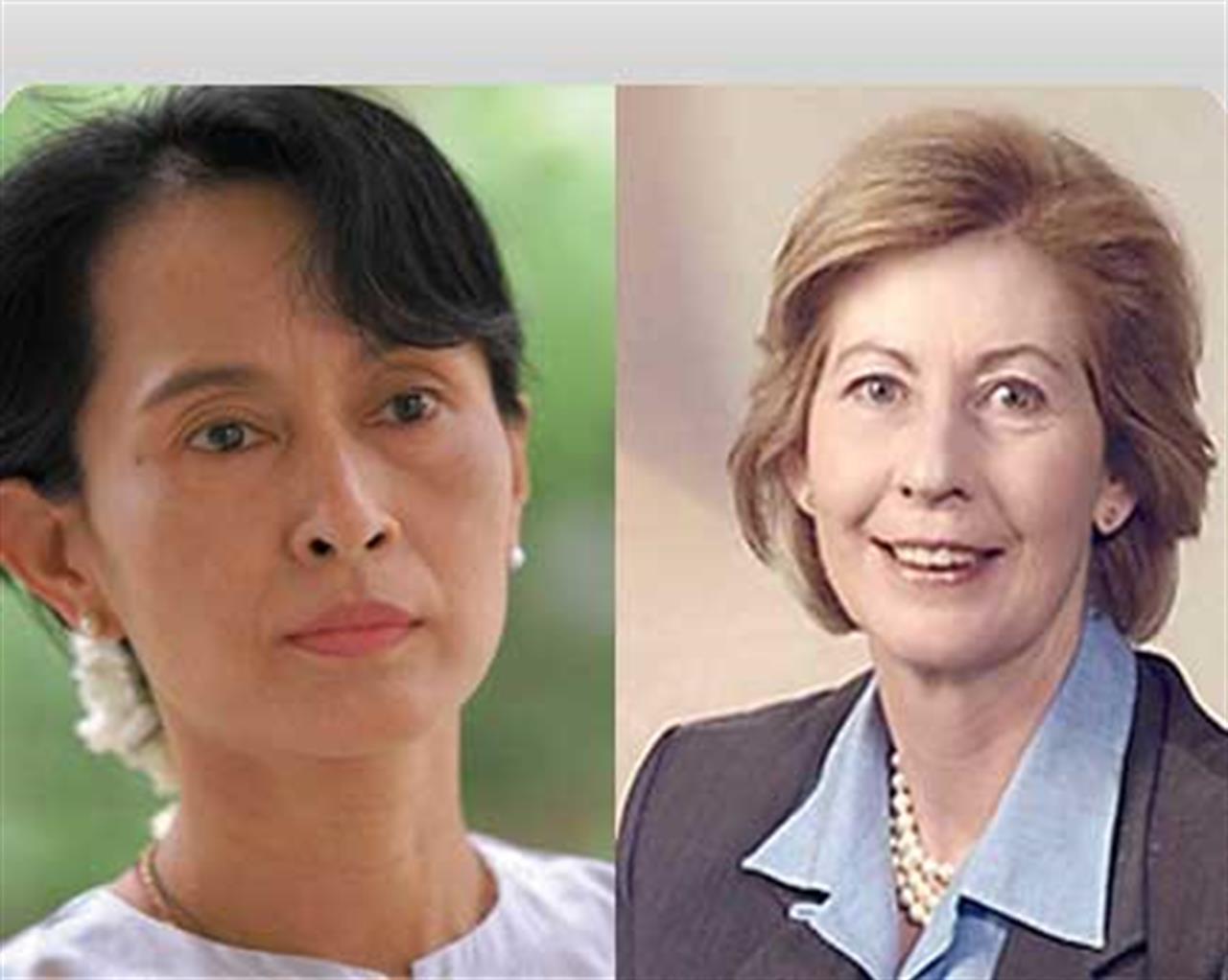Non profit
Before the storm: Aung San Suu Kyi’s Oxford University days
Sarah Hohler answers questions on her time at Oxford with Burmese activist and democratically elected leader Aung San Suu Kyi
di Rose Hackman

In the past week, foreign governments and human rights organisations have accused the Burmese military regime of putting Aung San Suu Kyi on trial this week on charges of violating the terms of her house arrest as a pretext for keeping the winner of the last free vote in Burma, 19 years ago, in detention ahead of elections next year.
Suu Kyi, 63, faces up to five years in prison if convicted after John Yettaw, an American, swam to the property next to Lake Inya in Rangoon where the 1991 Nobel peace prize winner has been confined for 13 of the last 19 years. The latest house detention order expires in a week.
Sarah Hohler, former Deputy Leader of Kent County Council in England, was a contemporary of Aung San Suu Kyi at Oxford university in the 1960s. An “inspiring figure”, she says, although “not yet an activist”.
Here, she answers questions on the younger Aung San Suu Kyi and what it was like to share a few precious years at Oxford with her.
Under what circumstances did you come to know each other at Oxford?
Aung San Suu Kyi and I were both in the same college at Oxford – St Hugh’s College – and reading the same subject – PPE (Politics, Philosophy and Economics). I immediately was drawn to her as she was very friendly, gentle and kind. You also have to remember that in those days, there were only three women’s colleges at Oxford, and the ratio of men to women was 10 to 1, so it was nice to meet another woman with whom I could spend time.
What was Aung San Suu Kyi like at the time?
She was very patriotic and traditional and always dressed in traditional Burmese clothes. No going around Oxford on her bicycle or running around in jeans! She did become slightly more westernised towards the end of the course though. She was also always incredibly polite, warm and generous. When Fred and I got engaged for example, I remember she came round to my flat and cooked us a traditional Burmese meal to celebrate, which we ate with our hands sitting on the floor.
What was she like in lectures and tutorials?
It was very clear from the start that she had a great mind. She never took things for granted and always questioned things. In our philosophy lessons for example she would never just accept what was being said. “How do you know that my ancestors aren’t in the room right now? What do you have to prove it?”, she would say to the professor.
Was she already showing signs of interest in politics/activism?
No, she wasn’t yet. As I said, she had a great sense of Burmese identity. Interestingly, she was always very respectful and grateful to the older generation of English people who would look after her in the holidays. This meant a lot to her, despite her father’s role in Burma’s independence from Great-Britain and his ensuing assassination.
How closely do you follow what is happening to her? How do you feel about her achievements?
I follow what is happening to her very closely. I used to send her letters, but they no longer get through unfortunately. Certainly, I am immensely inspired and impressed by the way in which she has conducted her life, which seems to have always been so in tune with what she believed in. She is an incredible woman.
Nessuno ti regala niente, noi sì
Hai letto questo articolo liberamente, senza essere bloccato dopo le prime righe. Ti è piaciuto? L’hai trovato interessante e utile? Gli articoli online di VITA sono in larga parte accessibili gratuitamente. Ci teniamo sia così per sempre, perché l’informazione è un diritto di tutti. E possiamo farlo grazie al supporto di chi si abbona.
